Efficient team culture: the main ingredient for company success

The success of each company is dependent on their most valuable asset — their people, and the team culture those people exhibit. As a company that provides services & solutions and that has set high standards for everything we do and deliver to our clients, we’ve had an important task — to find a formula for how to create efficient teams. We couldn’t leave it to chance. We want every team in our company to become highly efficient and independent

This was not an easy task. To get there, we got the help from one of our company’s core values — continuous improvement.
After 10 years of experience working on long-term projects with clients from different industries, we have created The Efficient Team Culture (ETC).
ETC is a series of processes that we have set up to ensure that every team is efficient, gets to their performing phase fast and creates value for our clients. Team Leaders have the most important role in its practical implementation, with the help of the company’s management.
This isn’t just theory. ETC is created out of practice, and we see it as a “work in progress”. We continue to improve it as we learn through practice. As the quote says: you can never reach perfection, but you can strive for it.
Making the best teams is an ongoing, dynamic, and carefully monitored process. In this post, we will tell you about our decade long research and emergence of Efficient Team Culture. This is what works for us and how we manage to get the best results for our clients.
Team culture & the secret of successful teams
What do teams that create value for clients have in common? They are efficient, effective, and self-organized.
Efficiency means that we have are doing things in the right way. We have a clear way of working. We get the desired result without wasting time or any other resource. It is assessed through review meetings.
Effectiveness means that we are doing the right things that are moving us to the goal we’ve set and we’re providing value to the client. It is evaluated through the retrospective meetings.
Our teams are self-organized because they have a predefined framework in which they operate, but they also have the autonomy to define their own way of working together with their Team Leader. This ensures continuous improvement and reaching effectiveness and efficiency, which is monitored and measured through specially designed SEMAT workshops and regular 1 to 1 meetings.
Our clients benefit from this structure because they don’t have to deal with our team organization. They are focused on their business and what they are best at. They can let us work on creating their desired software solutions - what we are best at. This saves time and avoids unnecessary frustration, especially when a new cooperation starts and people are getting to know each other and the project they will be working on.
Another benefit of self-organized teams is that it is easy for them to adapt when they become a part of a larger or different organization. The teams are flexible and prepared to adjust to the already existing way of working or to create and implement software development processes in teams with less experience and already existing processes.
The four main pillars of Effective Team Culture (ETC)
The main principles of how we create efficient teams are defined in our Efficient Team Culture. ETC stands on four main pillars:
1. Knowledge and Skills
Our people must have the necessary knowledge and skills to perform their job in the quality we guarantee to our clients. We measure and track: possession and continuous improvement of competencies for solution development, continuous improvement of good practices and know-how and continuous technological development.
2. Satisfied people
To make sure our people are satisfied we measure and track: Compensation and benefits, professional development, transparent and regular communication and leadership skills
3. Beliefs
Our company and our employees must share the same beliefs. This is what we believe in: we’re creating a solution that gives value to our client, we are creating a valuable solution while empowering the team and team members and cultivating company and team culture.
4. Team Organization
How teams are organized has a major impact on the results they will achieve, speed, and quality. We have a system in place to ensure that our teams are well-formed, have an organized way of working, transparent communication, and that development teams are organizationally integrated into the company.
Each of these pillars has subpillars, as seen on the image above.
The Efficient Team Culture cannot be created overnight, nor can it be always ideal. It simply shows our attitude towards work: it assures that our developers will be satisfied, skilled, organized, and loyal to the values we as a company live and committed to the standards we’ve set. This creates a positive, stable, and reliable working environment and that is something we offer to our clients as the greatest value.
Learn more about the first two ETC pillars: Knowledge and Skills and Satisfied People in the future posts.
Subscribe to our newsletter
Stay informed about the nearshoring and software engineering trends shaping the future of your industry.




.jpg)
.jpg)
.jpg)




